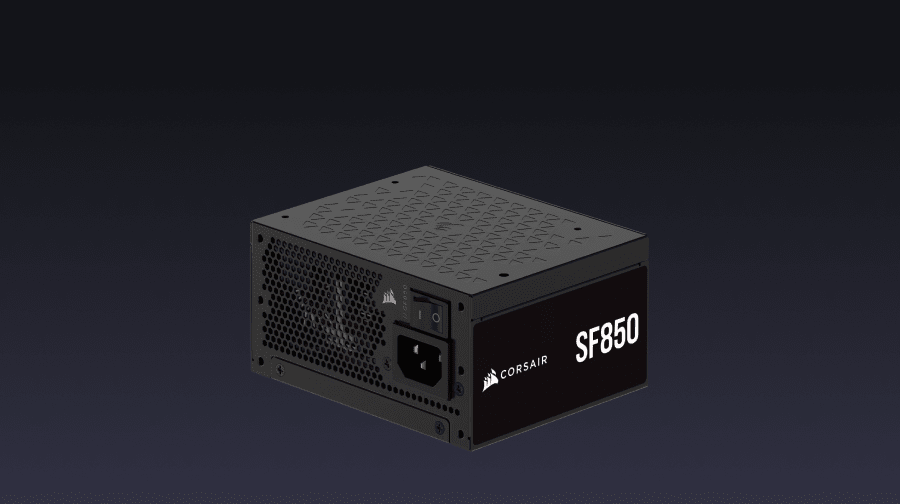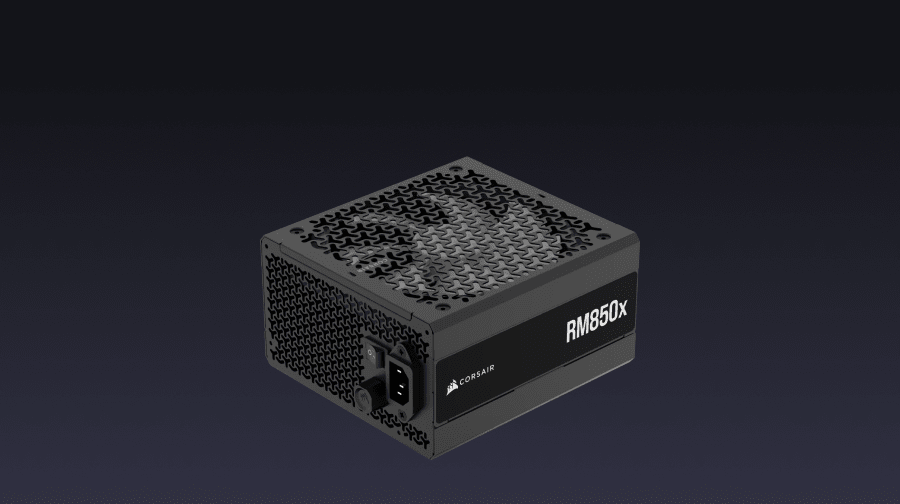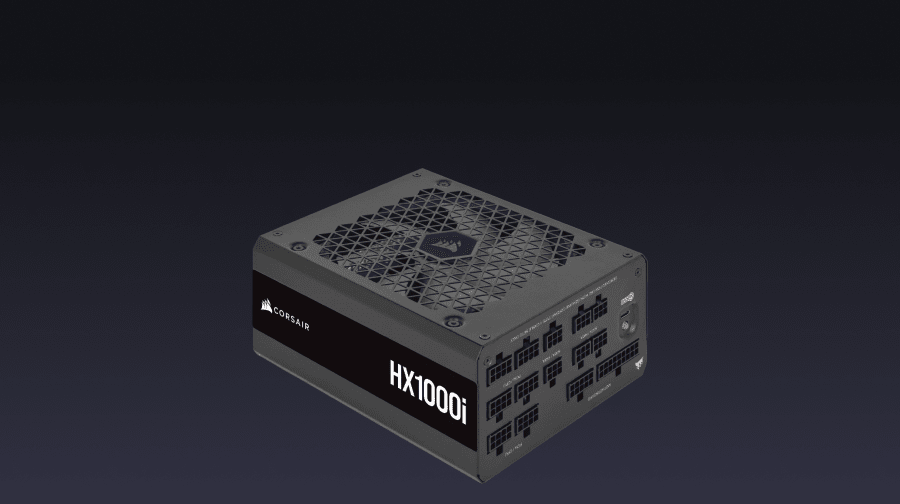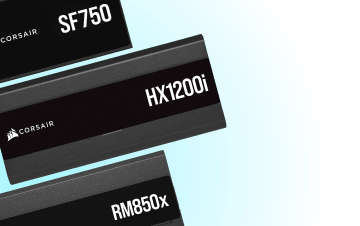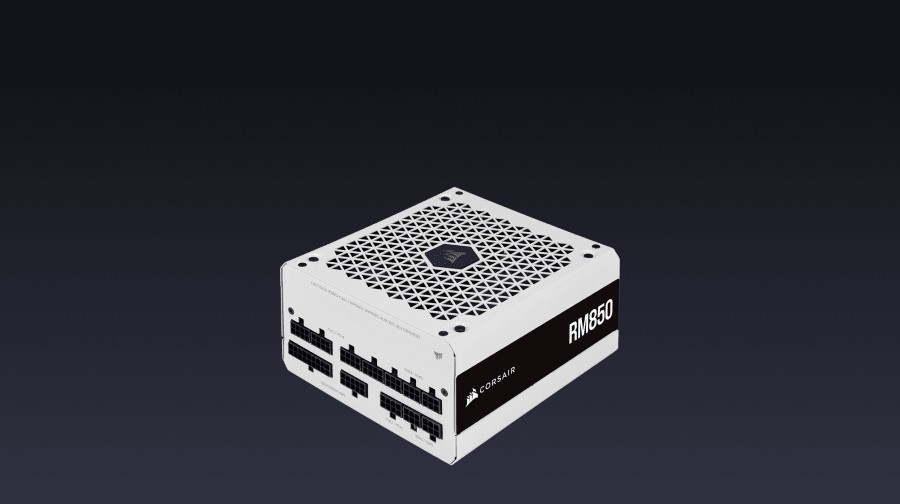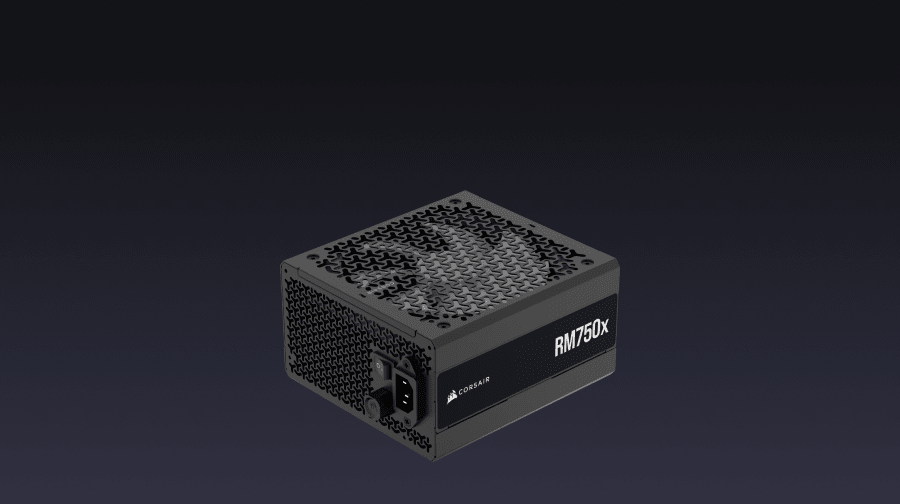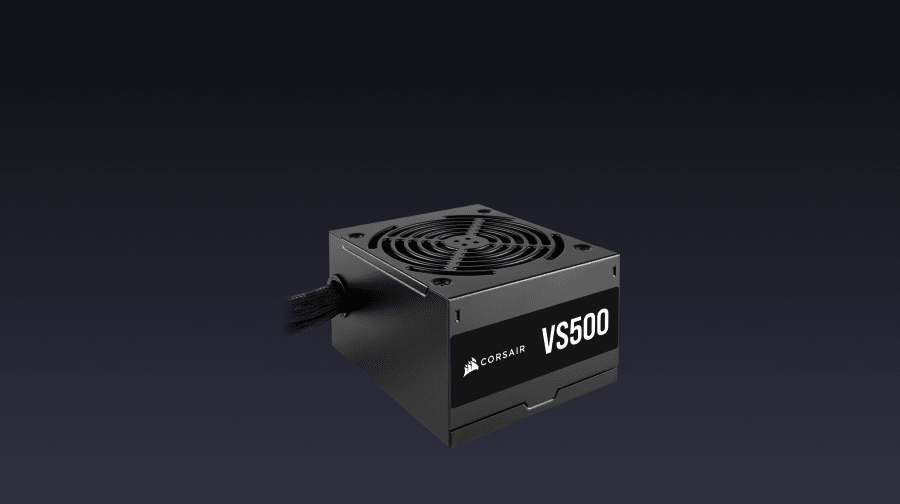PC Power Supplies
PC Power Supplies
Your power supply is the heart of your PC, so make sure it’s both strong and dependable. CORSAIR has a proven track record building reliable power supplies in a wide range of wattages, all with 80 PLUS® certification ranging all the way up to 80 PLUS Titanium efficiency.
What to look for in a PC Power Supply
While the function is simple, there are actually a lot of parameters to consider when choosing a PSU.
- Size and form factor: ATX units take up more space, while SFX units can slot into cramped cases.
- Modularity and connectivity: Choose how many PCIE and EPS connector ports you want, and whether the unit is modular.
- Continuous power rating: How much juice your PC needs, from 500 to 1200 watts.
- Efficiency and noise ratings: We’re using two certification sources on this page: 80 Plus and Cybenetics.
What kind of power supply and how much power does my PC need?
The two most important variables to search for a PSU in your computer are its power needs and the size/compatibility of the unit itself. While many basic builds can do fine with as little as 500–650 watts, hungrier machines with more powerful graphics cards could need headroom well above 1,000 watts—so it’s best to check the specs on all your components for power draw. It’s also recommended to consider whether a larger ATX power supply will fit into your case, or if you need something more compact like an SFX model.
Not sure which PSU is right for your setup? Try out our PSU Calculator for instant feedback on wattage requirements and compatibility.
Or check out our Custom PC Builder for recommendations, size guides, and compatibility checks for your next PC build.
